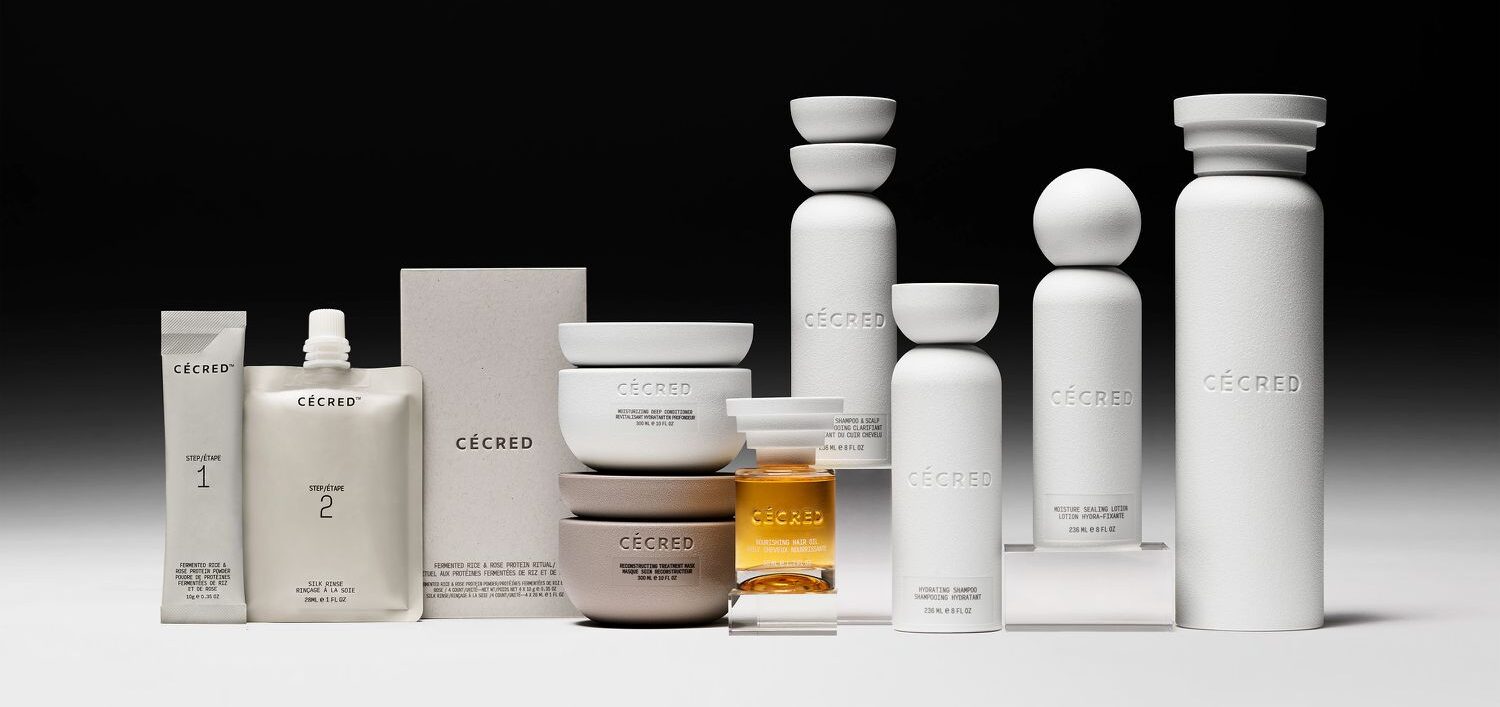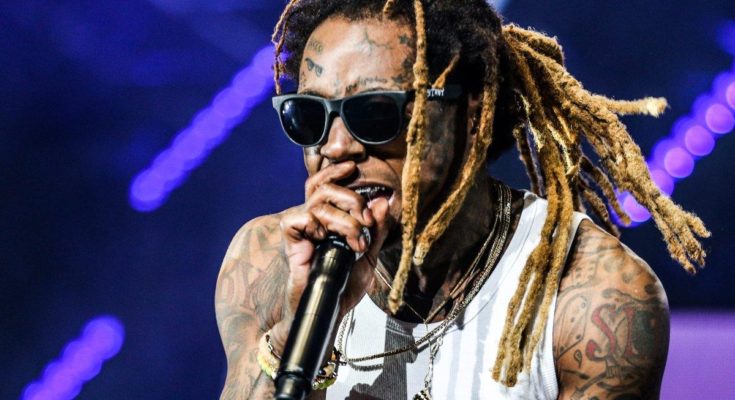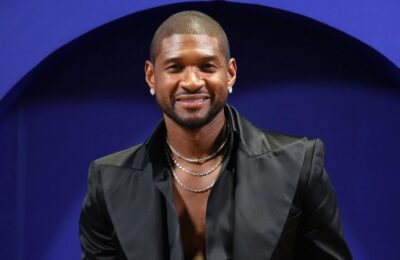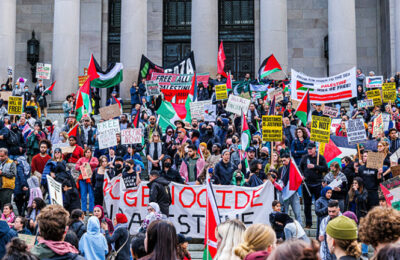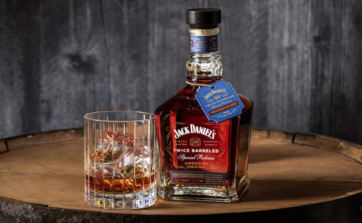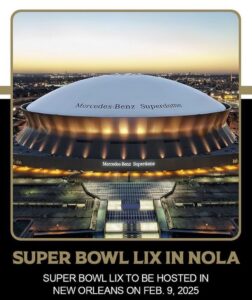The contractual relationship dates back to 1998, but it was an agreement in 2003 for the creation of the Young Money imprint as well as later amendments that factor heavily. Young Money’s addition of superstars Drake and Minaj added both luster and substantial money at stake. Through his agreements, Lil Wayne claimed partial ownership and profits from those artists. There’s also been unhappiness stemming from the years-long delay of the release of Tha Carter V, a logjam that could partly be attributable to some of the financial disputes.
In his suit, Lil Wayne claims that Cash Money has been debt-ridden and persistently undercapitalized, unable to pay him the $8 million advance on Tha Carter V and the huge profits that should be flowing in from the success of Young Money.
He also points to Universal’s role.
According to the amended petition, Young Money and Cash Money agreed in 2009 that net profits earned in connection with solo recordings from Drake would not be cross-collateralized against any advances.
Despite this, Lil Wayne alleges that “Cash Money and Universal colluded to enter into two letter agreements,” one of which “purported to expand Universal’s rights and compensation regarding the distribution and exploitation of Drake recordings in which Plaintiffs have a one-third ownership” and the other which “purported to grant to Universal rights usurping or infringing up Plaintiffs’ rights of management and participation in the Young Money Label.”
The plaintiff claims Universal was allowed to increase the percentage of revenues it charged for its distribution services and that agreements were backdated to create the false appearance of existing before the end of the term of the Young Money Label joint venture. And why did Cash Money go along with this?
“Despite Universal being aware of Cash Money’s obligations to pay royalties and profits to Plaintiffs, and Cash Money’s failure to do so, Universal made a series of huge cash advances to Cash Money which Universal contended were nonetheless collateralized by, and recoupable by Universal against, the future revenues on Drake and other artist records and albums delivered by Cash Money,” states the amended petition. “Universal knew that Cash Money would not reserve from such advances sufficient funds to meet its obligations to Plaintiffs, pay to Plaintiffs earnings on the records co-owned by them, or to pay or account to other artists or vendors.”
In other words, Lil Wayne accuses Cash Money of sly accounting to divert money via Universal’s up-front balloon payments. He had previously attempted to sue Universal in federal court in March 2016, which led the music giant to tell The Hollywood Reporter, “We don’t intend to dignify this with further public comment except to say that we will vigorously contest it and that the merits of our case will carry the day.”
That federal case was later put on hold so that Lil Wayne’s action against Cash Money could be resolved first. The new amended petition draws Universal back into the crosshairs for alleged conversion through “unlawful interference with ownership of intellectual property.”
Perhaps putting it most directly, Lil Wayne asserts, “By Universal claiming that it is entitled to recoup, from royalties and payments due Plaintiffs under the foregoing copyrights, and under their contracts with Cash Money, Universal has interfered with Plaintiffs’ rights to payments from Cash Money. … By continuing to make additional advances to Cash Money, Universal increased, and continues to increase, the amount Universal claims are recoupable from label performance royalties due Plaintiffs. Universal thereby seeks to preclude any payment to Plaintiffs.”
Lil Wayne, represented by attorney Howard King, says that SoundExchange holds $6 million in attributable payable royalties with another $40 million out there that he asserts should be headed his way. He’s also asserting violation of the Louisiana Unlawful Trade Practices Act in a bid to have damages trebled. That includes the $8 million Lil Wayne believes is due for his newest album. As for declaratory relief, his demands include a third of net profits from Drake recordings, entitlement to audit both Cash Money and Universal, termination of the Young Money label and more.
States the amended petition, “In this particular case, it is in the best interest of the parties that either a receiver be appointed to supervise the operations of the Young Money Label joint venture, or in the alternative, the joint venture be adjudged terminated and a liquidator appointed…” (

